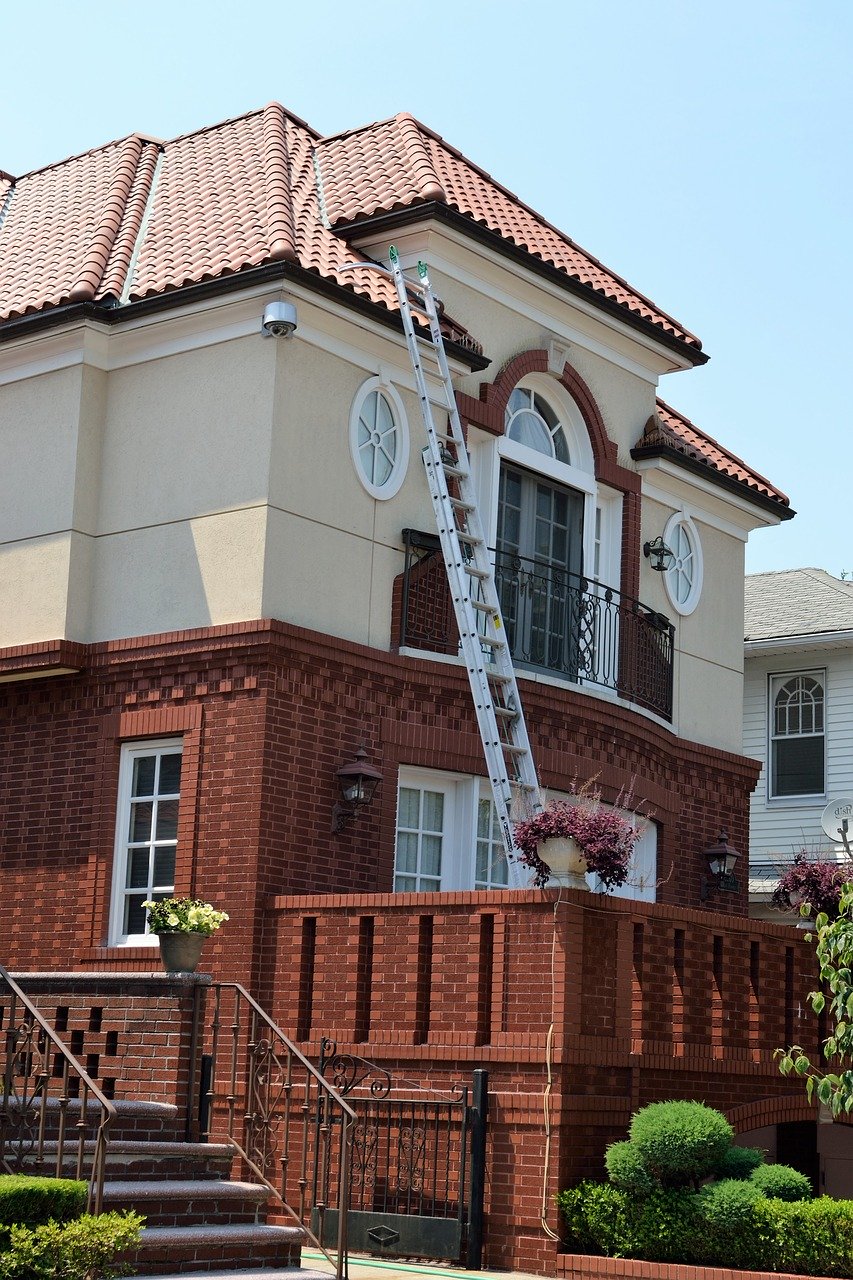For most people, buying a new home is like a dream about to come true. It’s also one of the most important life decisions as it involves a big financial commitment.
Therefore, the property one is looking into must be worth its value. No one would like to invest in something that is going to prove a liability later on.
That is where a thorough home inspection plays a significant role.

What is a home inspection?
The purpose of a home inspection is to provide a potential buyer with a critical examination and fair valuation of the property. It is carried out by certified specialists associated with an independent third-party. The specialists are called Home Inspectors. The cost of the inspection is born by the buyer.
It can help identify potential expensive repair work upfront and enable the buyer to renegotiate the deal.
Who should get it done?
It doesn’t matter whether you are a first-time home buyer or not. Experts suggest that everyone should get a home inspection done before signing the final deal. That said, it’s entirely the buyer’s choice and not mandatory.
Interestingly, the first-time buyers are the ones who generally tend to ignore home inspections considering it to be an unnecessary, time-consuming, and costly proposition. That often turns out to be a mistake.
A home inspection is a relatively small step in the home buying process. It can potentially save the buyer from surprises and heartbreak at a later stage.
Who to hire?
While hiring a home inspector, ensure that he/she is/has:
- Member of a reputed home inspection organization (NACHI, ASHI, etc.)
- Certified
- Experienced in valuation of the type of property you intend to buy
- Strong references
- Aware of the local rules and regulations about buying/selling of property
- A robust track record in the field
Inspection time frame
A home inspection should ideally be done before signing the final deal. The buyer must accompany the inspector on the inspection visit.
The period should be long enough for the buyer to:
- Hire an inspector
- Get the inspection done
- Receive the written inspection report
- Decide the future course of action depending upon the findings
There should also be room for more specific inspections if the initial inspection points to some unique repair requirements. For example, a termite or wood-boring insect issue might necessitate a termite inspection to determine the extent of the problem. Similarly, the possibility of hazardous contaminants in water might require a specialist inspection.
After you receive the inspection report
Once you’ve received the detailed written report, read and understand it in its entirety. Discuss it with the inspector to find out if there’re any major repair needs/defects in the property that need immediate attention.
Subsequently, bring this report to the negotiating table with the seller. Establish clear responsibilities as to who is responsible for what. For example, a seller might agree to:
- Get all the repairs done at his cost
- Bear the repair cost but let the buyer carry them out
- Re-negotiate the deal to the buyer’s benefit
The final decision lies with the buyer. If not satisfied, the buyer might even decide to walk out of the deal and look for a new house/property.
Completion of inspection
It must be remembered that a home inspection is for the benefit of the buyer. After the recommended repairs have been done, the buyer might like to get a ‘re-inspection’ done. In this way, you ensure the credibility and thoroughness of the work done.
